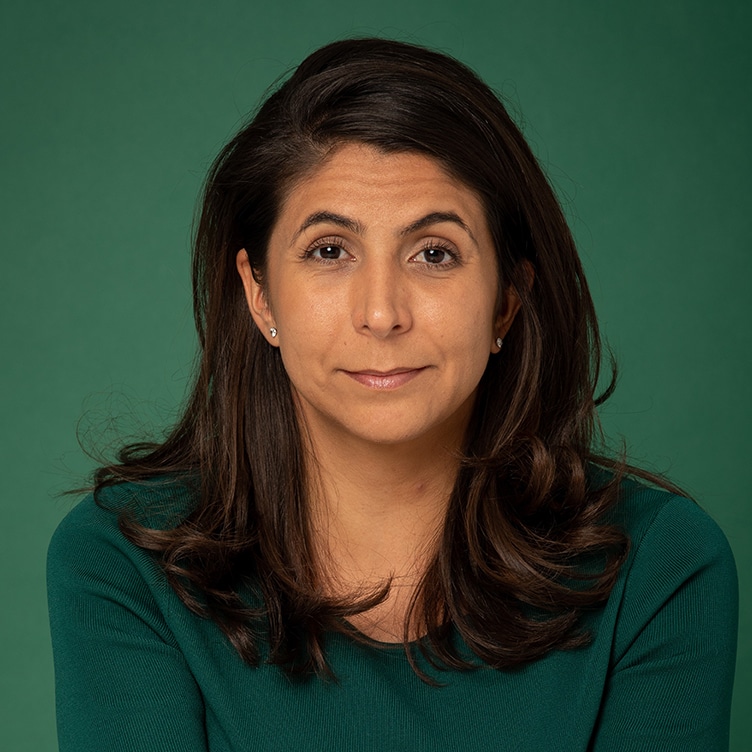P2P Energy Trading: Legal Challenges for Data Management and Data Protection
This is the second installment of our Topic of the Month: Legal Challenges for Peer-to-Peer Energy Trading and Energy Communities
Peer-to-Peer Energy Trading, Digitalization, and Data
In Peer-to-Peer (P2P) energy trading, the prosumers engage directly with each other using a platform to construct a local or even a virtual marketplace. The fundamental characteristics of P2P trading share many similarities with platforms in different economic sectors, like Uber and Airbnb. Thus, P2P trading is part of a general trend towards economic disintermediation, commonly called the sharing economy, the collaborative economy, or the platform economy. P2P trading benefits from the ‘flattening’ effect of the internet through its underlying digitalisation, enabling end-users to contract with each other directly, thereby making traditional hierarchies less relevant.
P2P energy trading is not only challenging the traditional structure of the electricity system, which has long been based on a vertical supply relationship between a supplier and a user. It also challenges the legal framework on data management and data protection applied in general and sector-specific regulation.
The Legal Challenges
Based on the EUI RSC Working Paper series, the second installment of the Topic of the Month will cover legal challenges related to data management and data protection in P2P trading.
1.The Slow rollout of Smart Meters and the Recent Judgement of the Highest Administrative Court of the North Rhine-Westphalia, Germany
The availability and exchange of data play an essential role in enabling P2P trading. This data relates, for example, to the consumption and generation behaviour of the various actors participating in the P2P trading scheme. To gather this data, P2P trading relies on a smart metering system. In 2014, the European Commission predicted that close to 200 million smart meters for electricity markets would be rolled out in the EU by 2020. In 2019, the EU imposed on Member States strict conditions to the rollout of smart meters in the Clean Energy Package.[i] However, the Commission’s prediction for 2020 was far from being reached, and there have been hiccups to the rollout of smart meters in several Member States. The most recent hiccup came from a German Highest Administrative Court.
The Highest Administrative Court (Oberverwaltungsgericht) of the North Rhine-Westphalia region in Germany has recently struck down a legal obligation to install a smart meter.[ii] The Court did so by suspending the execution’s order issued by the Federal Office for Information Security (Bundesamt für Sicherheit in der Informationstechnik, hereinafter BSI). The BSI’s order had recognised the availability of smart meters, which met the legal requirements of security and interoperability and, therefore, triggered a national obligation to install smart meters.
Contrary to BSI, the Court found that the smart meters currently available on the market have not been certified as in compliance with the minimum requirements on interoperability. As a result, the Highest Administrative Court of the North Rhine-Westphalia region revoked the BSI’s act stating that smart meters on the market met the technical guidelines. Although the BSI has the power to change technical guidelines in line with technological progress, this competence does not allow the BSI to subvert the minimum statutory requirements. The ruling of the Court means that the order of the BSI is suspended and with it the corresponding obligation to install a smart meter within a limited timeframe.
2.The EU General Data Protection Regulation (GDPR) and the Uncertainties about its Application to Peer-to-Peer Energy Trading
The use of data in the European Union is controlled by the General Data Protection Regulation (GDPR), which entered into force in 2018. The application of the GDPR has not been a resounding success, and merely two years after its entry into force, the GDPR has already been criticised as being out of date.
The use of personal data in the electricity market has raised concerns. Dynamic pricing and aggregation contracts collect large amounts of personal consumption data. The GDPR prohibits collecting and storing data without consumers’ consent, but on top of this, it also prohibits the sharing of consumer data between different players. There is a need for sector-specific rules to ensure that the data exchange between market actors at the distribution level does not violate the GDPR.
The past few years have seen a widespread interest in blockchain technology. Several P2P business models have a disintermediated setup and rely on blockchain technology for keeping track of transactions. Blockchain applications face issues relating to data privacy laws, particularly if they are public-facing. This is because European law grants data subjects the right to access their personal data and the relevant information relating to data processing, the right to rectify any inaccurate data, and the right to have personal data erased (commonly known as the ‘right to be forgotten’). However, a fundamental technological characteristic of blockchain technology is that it is an immutable ledger, from which information cannot be deleted. If the GDPR were to be applied strictly, which definitely seems to have been the intention of the European lawmakers, the use of blockchain technology in the platform economy would be all but impossible. In order to safeguard the innovation potential of blockchain technology, several authors have argued for a less strict application of the right of deletion of information in contexts of complex and decentralised IT architectures. The strict right of deletion would then be replaced by a right to sufficient protective measures, for example pseudonymisation.
3. Data management, Protection, and DSOs
Finally, P2P trading also raises questions on the use of data in the context of electricity system operations. Although long-distance P2P trades are possible in principle, the natural environment for P2P trading seems to be the local distribution grid or a microgrid. This local dimension raises questions about the role of the distribution system operator (DSO) in ensuring the smooth execution of P2P trades. For example, it is anticipated that DSOs will increasingly take on roles relating to ICT and data sharing between market participants. This could take the form of the DSO being the coordinator of virtual power plants (VPPs) consisting of P2P traders who share transaction data with the DSO.
Learn More
Peer-To-Peer Trading and Energy Community in the Electricity Market: Analysing the Literature on Law and Regulation and Looking ahead to Future Challenges by Lucila de Almeida, Viola Cappelli, Nikolas Klausmann and Henri van Soest (15 March 2021).
Acknowledgment: the publication is part of the work of the Global Observatory on Peer-to-Peer, Community Self-Consumption and Transactive Energy Models (GO-P2P), part of the User-Centred Energy Systems Technology Collaboration Programme (Users TCP) run under the auspices of the International Energy Agency (IEA). GO-P2P benefits from the support of Australia, Belgium, Ireland, Italy, The Netherlands, Switzerland, the United Kingdom and the United States
[i] The Member States must ensure the deployment of smart metering system in their territories whenever it is economically resonable or cost-effective within seven years of the date of the positive assessment or by 2024 for those tthat have initiated the sytematic deplyoment of smart metering before 4 July 2019. See Article 19(2) and Annex II, Directive (EU) 2019/944.
[ii] OVG Münster 21 B 1162/20 (first instance: VG Köln 9 L 663/20)








